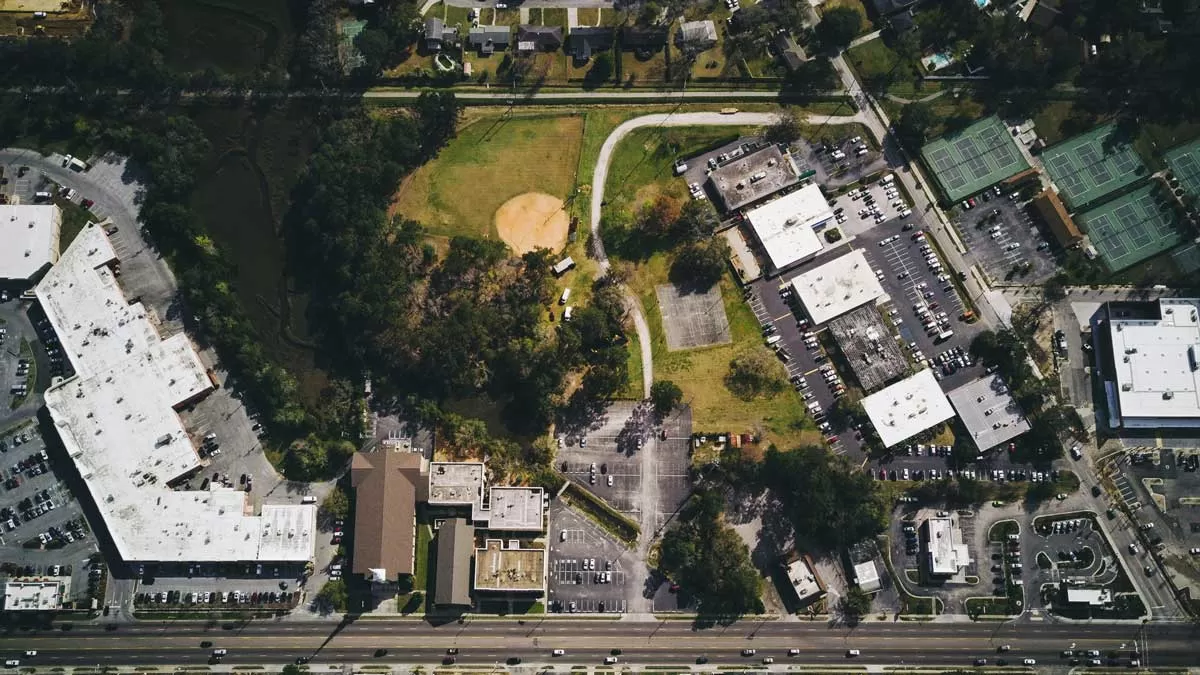
Reinventing SCM Practices
Read full article
CW Gold Benefits
- Weekly Industry Updates
- Industry Feature Stories
- Premium Newsletter Access
- Building Material Prices (weekly) + trends/analysis
- Best Stories from our sister publications - Indian Cement Review, Equipment India, Infrastructure Today
- Sector focused Research Reports
- Sector Wise Updates (infrastructure, cement, equipment & construction) + trend analysis
- Exclusive text & video interviews
- Digital Delivery
- Financial Data for publically listed companies + Analysis
- Preconceptual Projects in the pipeline PAN India

UP Housing Board Finalises 40-Acre Development Plan in Vasundhara
The Uttar Pradesh Housing and Development Board (UPHDB) has finalised a 40-acre development plan in sectors seven and eight of Vasundhara, Ghaziabad, under a mixed land use model. The layout includes a 10-acre satellite centre for the All India Institute of Medical Sciences (AIIMS) and two major plots of 20 and 10 acres for group housing and commercial use. According to officials, the project falls under the Transit-Oriented Development (TOD) zone of the Regional Rapid Transit System (RRTS) corridor, with the Sahibabad Namo Bharat station located nearby. The auction process for the plots is e..

Marubeni To Invest Rs 10 Billion in Telangana’s Future City Industrial Park
Japanese conglomerate Marubeni Corporation has signed a Letter of Intent with the Telangana government to develop a next-generation industrial park in the state’s upcoming Future City. The announcement was made during the official visit of the Telangana Rising delegation, led by Chief Minister A Revanth Reddy, to Japan. Marubeni has proposed an initial investment of Rs 10 billion to develop the industrial park in phases over 600 acres. The park will cater to Japanese and other multinational firms seeking to establish manufacturing operations in Hyderabad. The proposed development is expect..

Assam CM Launches Projects Worth Over Rs 1 Billion in Karbi Anglong
Assam Chief Minister Himanta Biswa Sarma inaugurated development projects worth over Rs 1 billion on the first day of his two-day visit to Karbi Anglong. At a public event near Rengbonghom H S School in Diphu, the Chief Minister launched road and bridge upgrades aimed at transforming regional connectivity. Speaking at a separate programme focused on Anganwadi Centres, Sarma distributed pre-school kits and emphasised the importance of early education in building a strong academic foundation. He also assured that remuneration for Anganwadi workers and helpers would be increased from 1 October, ..














